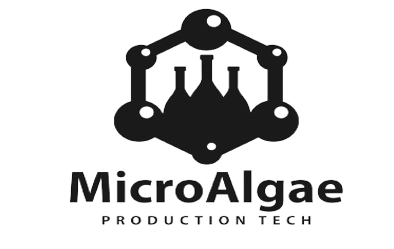Did you know that microalgae represent a promising and eco-friendly energy reservoir for next-generation biofuels? These microscopic organisms possess several advantages over conventional crops when utilized as a renewable energy source.
Firstly, microalgae consistently produce oil year-round, outstripping the oil generation capacity of typical crops. Their oil content ranges between 20 to 50%, surpassing that of other contenders.
Moreover, when considering biodiesel production, microalgae exhibit a yield that’s 15–300 times higher than that of traditional crops. The resulting biodiesel from algal lipids is notably biodegradable and non-toxic. Additionally, microalgae can be cultivated in significantly larger quantities compared to terrestrial crops like switchgrass, boasting yields up to 50 times greater.
What’s truly remarkable is the swift growth cycle of microalgae, completing their entire life cycle in a matter of days through a photosynthesis process that efficiently converts solar energy into chemical energy. They thrive in diverse environments, including freshwater, seawater, wastewater, and non-arable lands, minimizing environmental impact, such as avoiding deforestation.
As an alternative fuel source, microalgae mitigate the conflict between fuel and food production. Furthermore, their cultivation requires less water than other oil-producing crops, further underscoring their sustainability.
The production of microalgae emerges as a highly lucrative venture within the biotechnological landscape. Not only is it waste-free, but it also stands as an environmentally safe alternative, marking a significant step towards sustainable energy solutions.
